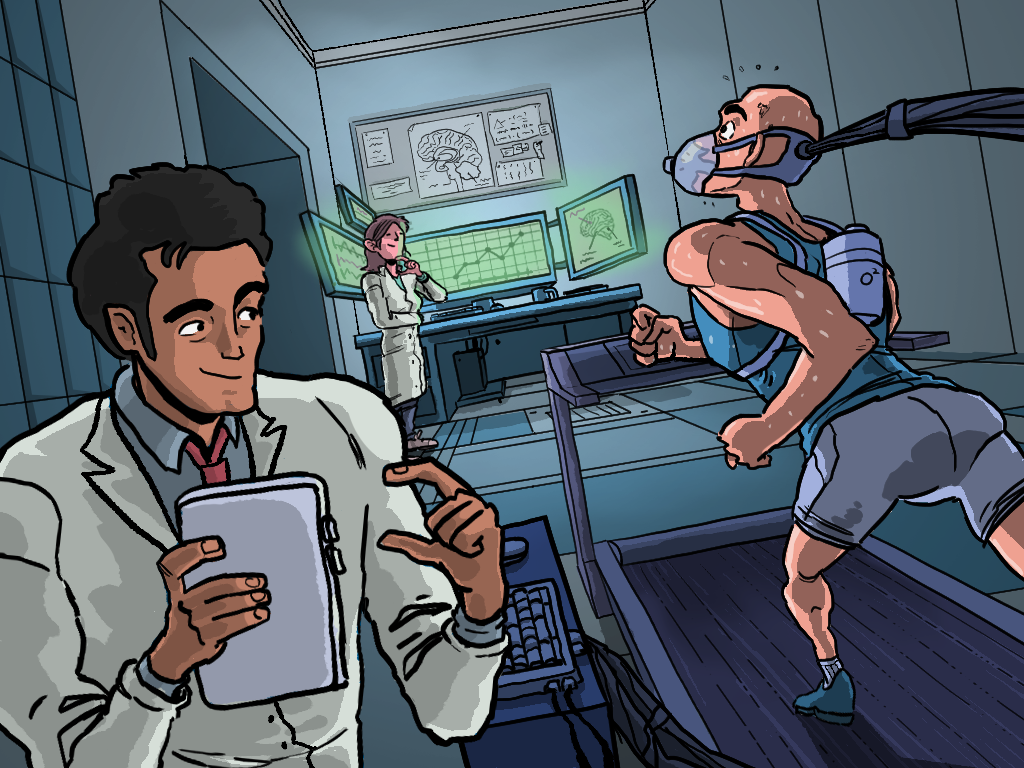Gulf War Illness: Exercise may improve symptoms, study says

Veterans may find relief from symptoms of Gulf War Illness (GWI) just by exercising moderately each week, according to a new study from Texas A&M University.
Previously labeled Gulf War syndrome, GWI is characterized by persistent reduced cognitive function, memory problems, mood and sleep disturbances, chronic pain and fatigue. The exact cause of GWI is not known, though it is suggested that some combination of the prophylactic drug pyridostigmine bromide (PB), the mosquito repellant N, N-diethyl-m-toluamide (DEET), insecticide permethrin (PER), multiple pesticides, low doses of Sarin and chronic war-related stress are to blame.
“We preferred a moderate and intermittent exercise regimen because most veterans with GWI also have chronic pain, and hence a rigorous exercise regimen will be difficult for veterans with GWI,” said Ashok K. Shetty, professor in the Department of Molecular and Cellular Medicine and associate director for the Institute for Regenerative Medicine at the Texas A&M University College of Medicine.
Using that voluntary exercise regimen, Shetty and his team set out to determine if it could prove to be effective at alleviating both the cognitive and molecular symptoms of GWI.
Shetty produced a study that effectively recreated the hippocampal hallmarks of GWI, addressing them through nothing more than moderate physical exercise and on a completely voluntary basis.
Using three tests for cognitive function, the team tested animal models in both the exercise and sedentary groups. Cognitive and mood function was tested using a hippocampus-dependent test where the animal model’s ability to discern minor changes in the environment is evaluated. The status of the dentate gyrus and its ability to create new episodic memories was evaluated using a pattern separation test, where the model must distinguish between similar—but not identical—experiences.
Motivation and anxiety-like behaviors were evaluated with a novelty suppressed feeding test. This test withheld food before providing an opportunity to eat in a new environment, where the time it takes for the animal model to take the first bite is a measure of anxiety-like behaviors.
Shetty found that, in the running group, hippocampus-dependent memory and pattern separation function was improved when compared to the sedentary group, as well as a marked reduction in anxiety-like behaviors. In addition, the immunohistochemical results of hippocampal microglia and astrocytes were similar.
“Our study showed that, with even intermittent physical exercise, activated microglia and astrocytes could be coaxed to go back to their resting state performing physiological functions, with reduced release of harmful proinflammatory cytokines,” Shetty said. “Such changes likely improved neuronal function and reduced cognitive and mood impairments.”

